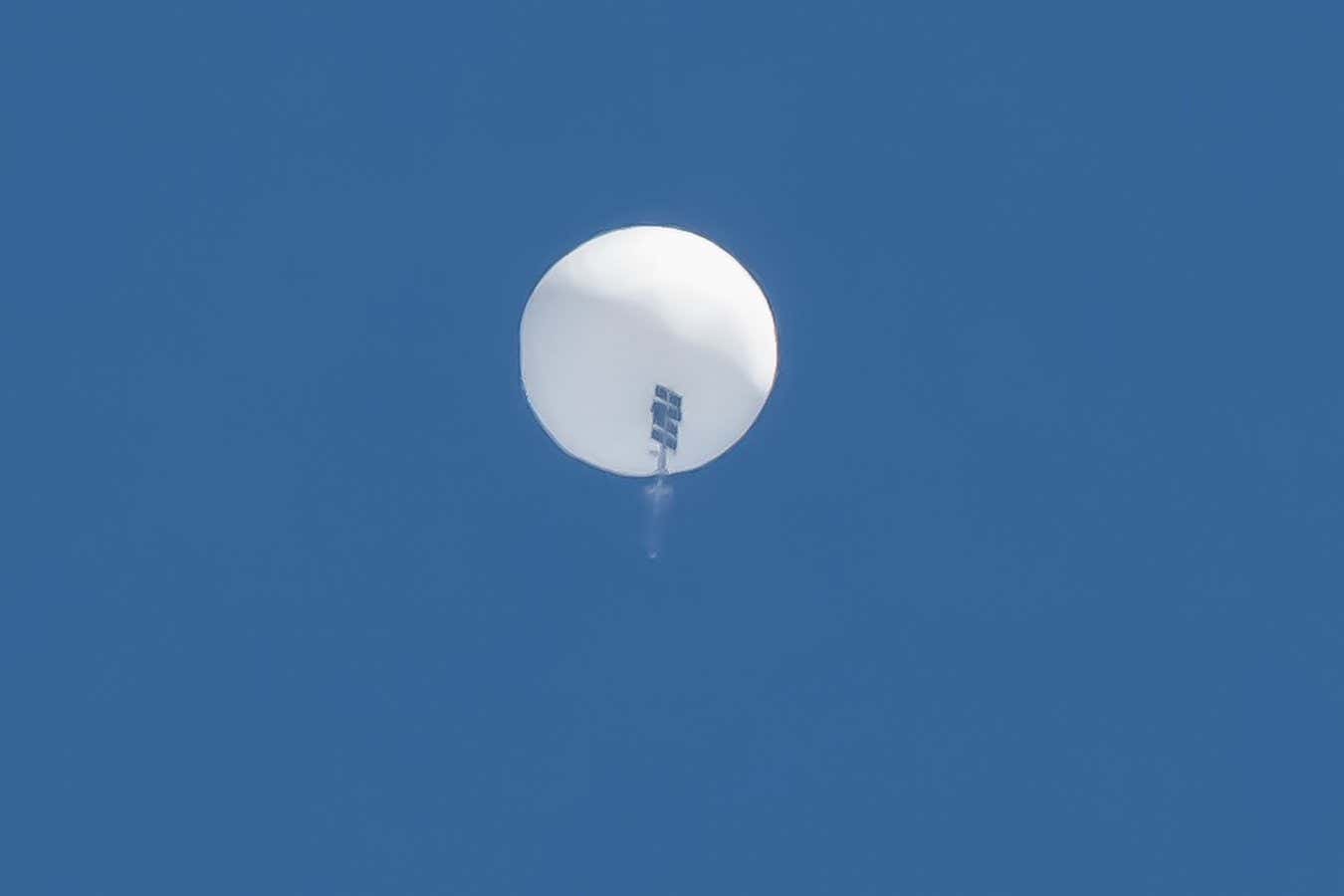- cross-posted to:
- technology
- cross-posted to:
- technology
Large proportions of users posting on Twitter – now X – about the Chinese balloon that drifted over the US and Canada in 2023 were bots attempting to shape the debate
Tens of thousands of bots tussled on Twitter to try to shape the debate as a Chinese spy balloon flew over the US and Canada last year, according to an analysis of social media posts.
Kathleen Carley and Lynnette Hui Xian Ng at Carnegie Mellon University in Pennsylvania tracked nearly 1.2 million tweets posted by more than 120,000 users on Twitter – which has since been renamed X – between 31 January and 22 February 2023. All tweets contained the hashtags #chineseballoon and #weatherballoon, discussing the controversial airborne object that the US claimed China had used for spying.
The tweets were then geolocated using Twitter’s location feature, and checked with an algorithm called BotHunter, which looks for signs that an account isn’t controlled by a human.
“There are lots of different things [identifying a bot] is based off, but examples are whether your messages are being sent out so fast that a human literally can’t type that fast, or if you’re geotagged in London one minute, then in New Zealand when it’s physically impossible for a person to do so,” says Carley.
The researchers found that around 35 per cent of users geotagged as located in the US exhibited bot-like behaviour, while 65 per cent were believed to be human. In China, the proportions were reversed: 64 per cent were bots and 36 per cent were humans.



Usually with a VPN you choose a location and stay there, you don’t hop. You can of course, but the question then would be why are you doing so?
Yep. And if Canada is monitoring my VPN’s IP, they must think some Canadian is pirating a whole shitload of TV shows and movies.